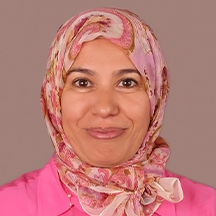Challenges of GCC investment in the energy transition
The countries of the Gulf Cooperation Council (GCC) have identified the energy transition as a crucial area of growth and are investing heavily in a diverse array of projects. However, as this column explains, the region faces a number of challenges in making a success of these investments, most notably its current dependence on fossil fuels, a lack of infrastructure and technical expertise, the high upfront costs, and geopolitical tensions.


